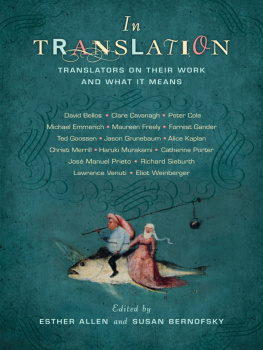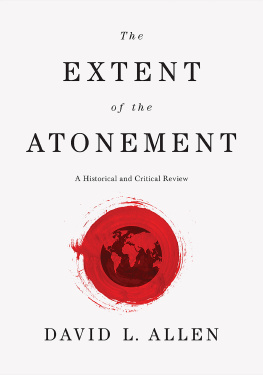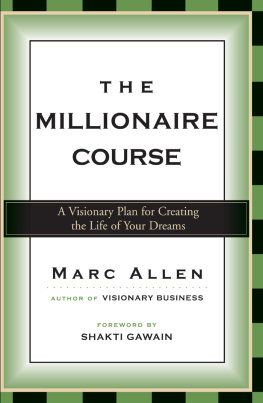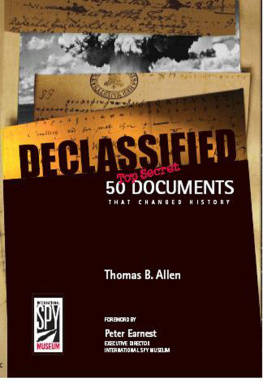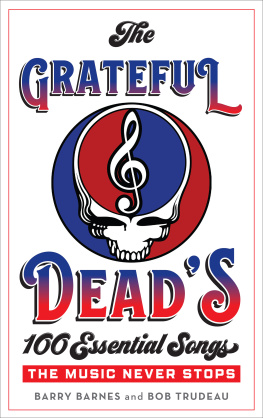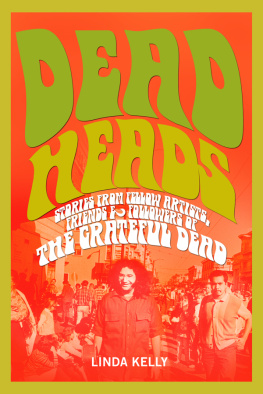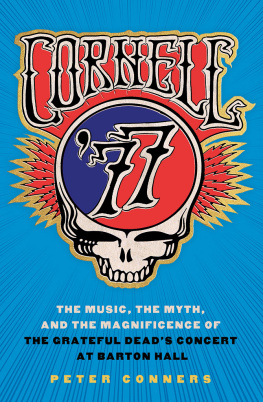The opinions expressed in this manuscript are solely the opinions of the author and do not represent the opinions or thoughts of the publisher. The author has represented and warranted full ownership and/or legal right to publish all the materials in this book.
Aces Back to Back
The History of the Grateful Dead (1965 - 2013)
20th Anniversary Edition
All Rights Reserved.
Copyright 2014 Scott W. Allen
v7.0 r3.3
Cover Photo 2014 Scott W. Allen. All rights reserved - used with permission.
This book may not be reproduced, transmitted, or stored in whole or in part by any means, including graphic, electronic, or mechanical without the express written consent of the publisher except in the case of brief quotations embodied in critical articles and reviews.
Outskirts Press, Inc.
http://www.outskirtspress.com
Outskirts Press and the OP logo are trademarks belonging to Outskirts Press, Inc.
PRINTED IN THE UNITED STATES OF AMERICA
Foreword
This book is a gift ... it is from Scott Allen, an utterly shameless Deadhead, to the community he has loved for a long time.
It is, in one sense, a historical textbook. Scott encountered, as I have, some amazing bits of misinformation about the Grateful Dead floating among the young hoard of newcomers to our distributed village, and he has tried to compile for them a record which is more or less straight.
I cant tell you for sure how well hes done, being a bit of a newcomer too. I didnt start writing Grateful Dead songs until 1971, by which time the rest of them thought it had been a long, strange trip already. Besides, I have always kept a distance between myself and the heart of the matter. So a lot in here is news to me. (Which is not to say it aint so).
At first, I was alarmed that someone would attempt this. I tend to think of us as some sort of tribe, and tribes take their spiritual nutrition from shared myths. I was afraid that, since history is usually the enemy of the mystery, his cold facts would murder a number of essential unicorns. Im pleased to report that, at least in regard to the events with which I am familiar, there is enough slack between his version and the one I remember to leave the mythology some growing room.
He does haul that gap back to its proper tolerance, I think. As Joseph Campbell pointed out, a detached metaphor is as corrosive as groundless gossip. And, as I said, I have overheard some stories about the Grateful Dead, especially from the newly converted, which really did seem too unmoored from anyones version of reality.
The author generally seems to understand that the real object of his adoration is not the band, but the Mysterious Creature which sometimes arises between them and the audience, which all of us create and of which each of us should be properly in awe.
I hope you will accept this book with the grace in which its given. As a fairly shameless Deadhead myself, I am grateful for it.
John Perry Barlow
Grateful Dead
Table of Contents
I read somewhere that 77 percent of the mentally ill live in poverty. Actually, Im more intrigued by the 23 percent who are apparently doing quite well for themselves.
Jerry Garcia
Jack Straw
U pon entering the arena, youre greeted by many people, all sharing a good time and looking forward to a Grateful Dead concert. Its 1989, and the band is at a creative and performing peak. It was the high point of that era, recalls the groups rhythm guitarist, Bob Weir. We were hot, feeling our oats, and surprising each other onstage. We could hear and feel each other thinking, and we could intuit each others moves.
The Grateful Dead - Jerry Garcia on lead guitar and vocals; Bob Weir on rhythm and vocals; bassist and vocalist Phil Lesh; drummers Mickey Hart and Bill Kreutzmann, and keyboardist and vocalist Brent Mydland - take the stage. The air is rife with both anticipation and the pungent smell of well-grown marijuana.
People are talking in excited voices: What song will the Dead open up with ? Do you think theyll play Dark Star ? Did you hear about last nights show in Philly ? Pass that joint already !!
Its tie dye and good vibes.
Youre meeting a woman on a blind date arranged by one of your colleagues. As you stand outside Gate 21 nervously chewing your gum, along comes a lady who you know without asking is into the blues. She extends a hand and pleasantly says, Hi, Im Lucia Amaro. Everyone calls me Luci.
Hi Luci, its nice to meet you, you politely reply, gripping her hand. Im Sean. Thats a pretty dress.
Thanks, she modestly says. I got it outside a show in Eugene last summer.
Wow ! I was at that show, you respond. Autzen Stadium. The Jack Straw > Bertha that opened set two was off-the-hook.
As was the Terrapin that soon followed, she says with a smile.
The sound of the band tinkering with their instruments grabs your attention. Most nights, the Deads set-list is improvised. As Mickey Hart explains, It takes daring to go up in front of 20,000 people and just go with the feeling of the night ... to fall under a spell and spin a web. When a band goes out there with a setlist, they havent taken into consideration the mood of the audience and the scene.
Deadheads, as fans of the band are called, influence the type of show the Dead will play. Our audience is patient, they cut us a lot of slack, states Jerry Garcia. We arent under any pressure to perform a Grateful Dead greatest hits-type show. We dont do a show in the conventional sense of a show. We play music. We assume our audience is intelligent and thats worked for us.
A first-timer once described the beginning of a Grateful Dead concert this way: The crowd cheered as the band came onstage. There stood an unimpressive looking group of men. No startling entrance, no dazzling clothes. They didnt even say anything before they started to play.
The groups primary vocalists and songwriters, Bob Weir and Jerry Garcia, turn to one another and agree on a song. Weir strums a few gentle chords as Garcia strings together a spiraling succession of notes. The pair share, and trade, the vocal duties on tonights opening number, Jack Straw.
Weir and Garcia pick up the tale of Jack Straw and his traveling companion, Shannon:
Leaving Texas
Fourth day of July
Sun so hot, clouds so low
The eagles filled the sky
Catch the Detroit Lightning
Out of Santa Fe
Great Northern out of Cheyenne
From sea to shining sea
Gotta get to Tulsa
First train we can ride
Got to settle one old score
And one small point of pride ...
Jack Straw captures the camaraderie and adventure that compel Deadheads as well as the on-the-road spirit of the Grateful Dead. This began to be embodied in the Deads music after lyricist Robert Hunter, one of two band lyricists, traveled with the group as they toured America during 1970 and 1971.
Hunter started going on the road with us to see what life was like, so as to be able to have more of that view in the music, confirms Garcia, for the words to be the Grateful Deads words.
One of my favorite lyric places to come from is the desert, specifically the Southwest. Its very rich in images, says Hunter. I have a natural affinity for songs like Jack Straw.
Hunters artistry as a lyricist was astutely summarized by one Deadhead blogger as such: Only Robbie Robertson rivals Hunters ability to manipulate bits of Americana into a mood. Theres no Detroit Lightning out of Santa Fe and the Union Pacific - not the Great Northern - is out of Cheyenne but who cares ? The Dead lay their musical filigree over, under and around Hunters lyrics, merging the tale of Jack Straw with all the other legends of the American West.


